Note: This website was automatically translated, so some terms or nuances may not be completely accurate.
F2: The "Full of Frustration" Generation at Peak Irritation?! ~Video Research Ltd. Hito Ken Seminar 2017 Event Report~
Video Research Ltd. held the Hito Research Institute Seminar 2017 "F2 Life is 'Full of Frustration' – Seize the Business Opportunities Hidden in Their Troubled Daily Lives!" on June 8.
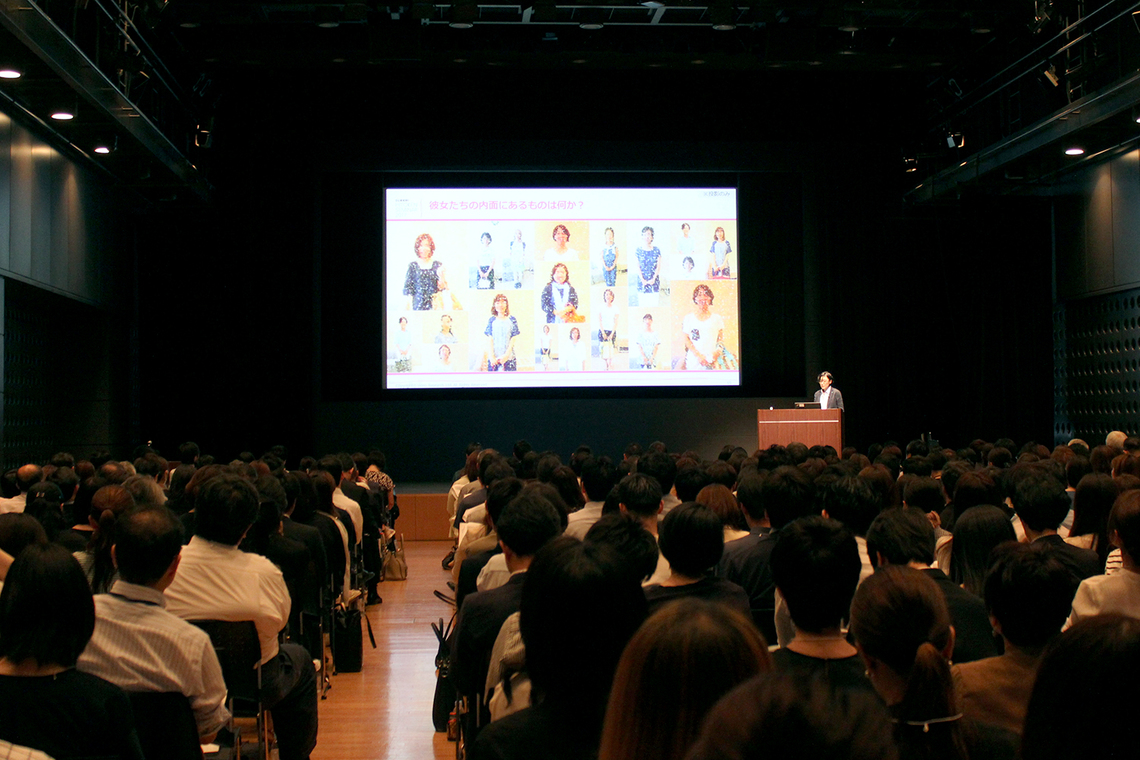
Women in the F2 demographic (aged 35-49) often carry negative emotions—frustrations and conflicts—in their daily lives. How do they deal with these frustrations in their everyday routines? And how can companies alleviate these frustrations to turn them into business opportunities? Held under this theme, the seminar was structured in two parts.
 Part 1:
Part 1:
What is F2's "Fuzziness Fullness"?
~The Reality of "Coping Consumption" Revealed~
( Lecture by Reiko Murata, F2 Lab Leader , Video Research Ltd. Human Research Institute)
Part 2:
How to Capture the Hearts of F2 Women Experiencing "Fuzziness and Fullness"?
~The Expanding Possibilities of Marketing Through "Coping Consumption"~
(Cross-talk session with the following two guests)
Mr. Atsushi Nasuda (Director, Film & Animation Business Division, Business Bureau, TBS Television)
Chigusa Yamanoi (Brand Manager, Senka Group, Face, Body & Men's Division, Personal Care Marketing Department, Shiseido Japan)

What is "F2's" "Moyamoya Fullness"?
~The Emerging Reality of "Coping Consumption"~

First, Mr. Murata of Video Research Ltd. proposed the reality of the F2 demographic. Japan's F2 demographic, currently numbering 13.4 million people, sees its life course fragmented by each life event. From a marketer's perspective, segmentation continues to become increasingly granular.
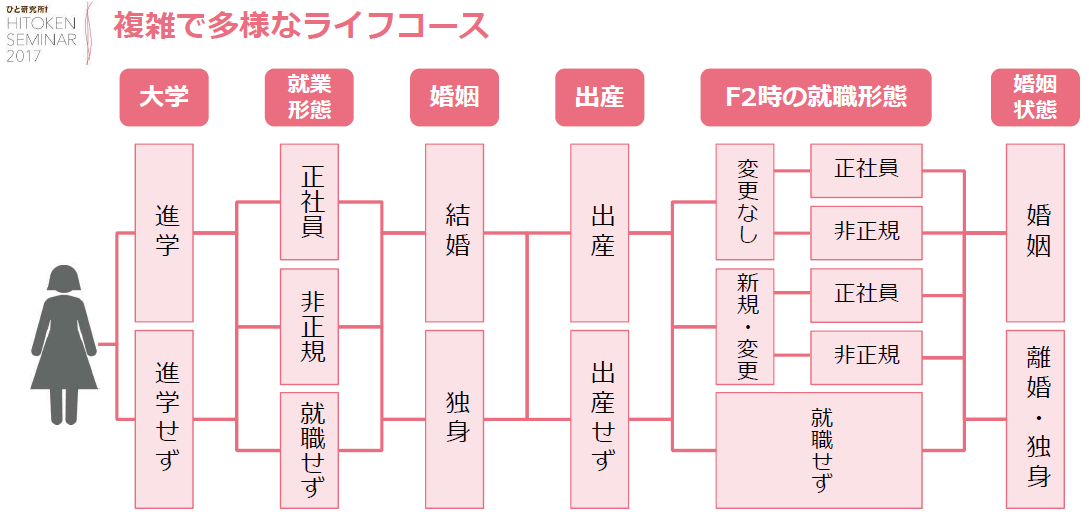
To unify these diverse F2 segments, he suggested focusing on "Moyamoya Fullness" as a common psychological state arising from their living and social environments, rather than emphasizing their differing attributes. "Moyamoya Fullness" refers to a state where individuals chronically endure negative emotions like "muddled feelings, irritation, and stress." Indeed, nearly 90% of the F2 demographic reportedly experience daily stress.
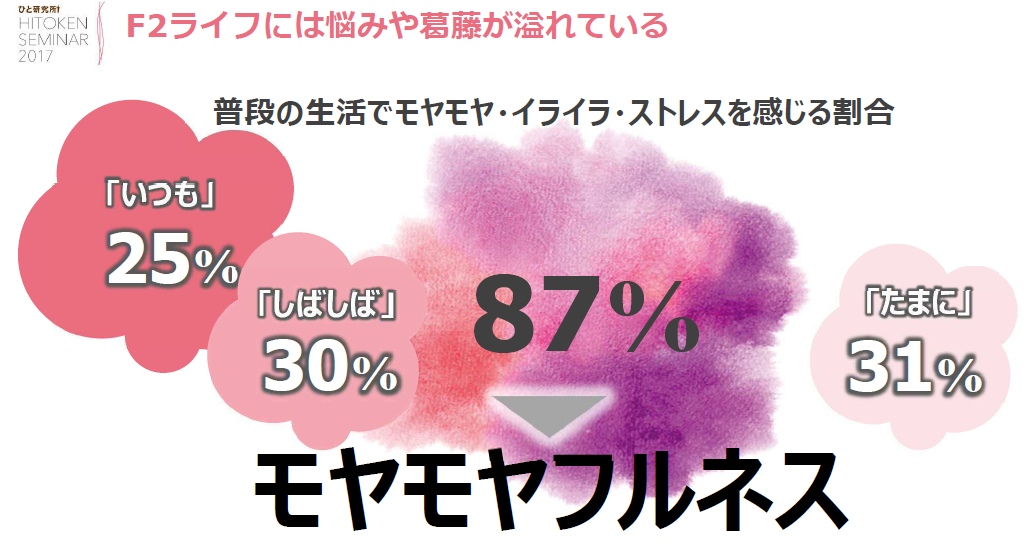
Murata then proposed the concept of "coping consumption." In psychology, "coping" refers to the thoughts and actions taken to restore one's state of mind when experiencing negative psychological conditions. F2 Lab named the consumption activities undertaken for this coping purpose "coping consumption." Furthermore, they focused on the "true purpose of coping underlying coping consumption" as "coping value" and presented analysis results on the actual behaviors F2 consumers engage in to relieve stress. According to this analysis, there are six patterns of coping value for the F2 demographic. In addition to the two values traditionally recognized as stress-relief methods—"Excitement/Euphoria" and "Escape/Forgetting"—it was pointed out that four new coping values may be emerging for the current F2 demographic: "Security/Stability," "Freedom/Spontaneity," "Growth/Achievement," and "Acceptance/Recognition." Examples of products and services embodying each of these values were introduced.
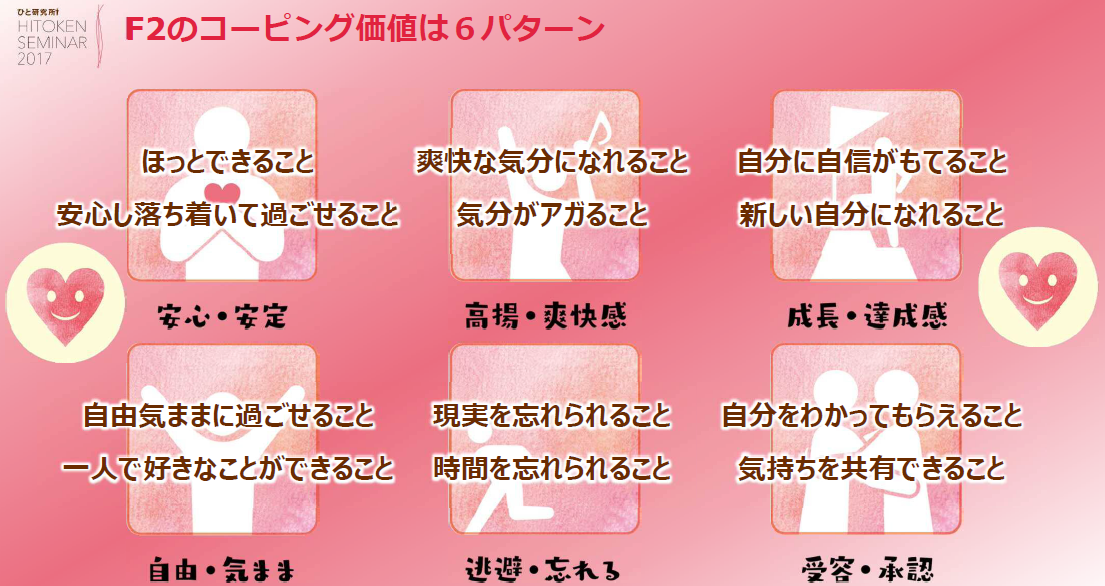
Finally, it was proposed that in today's world, where differentiation based on functional or emotional value is difficult within conventional product and service development steps, development starting from coping values is crucial. To support ideation using coping concepts, the "Coping Frame 30" was introduced.
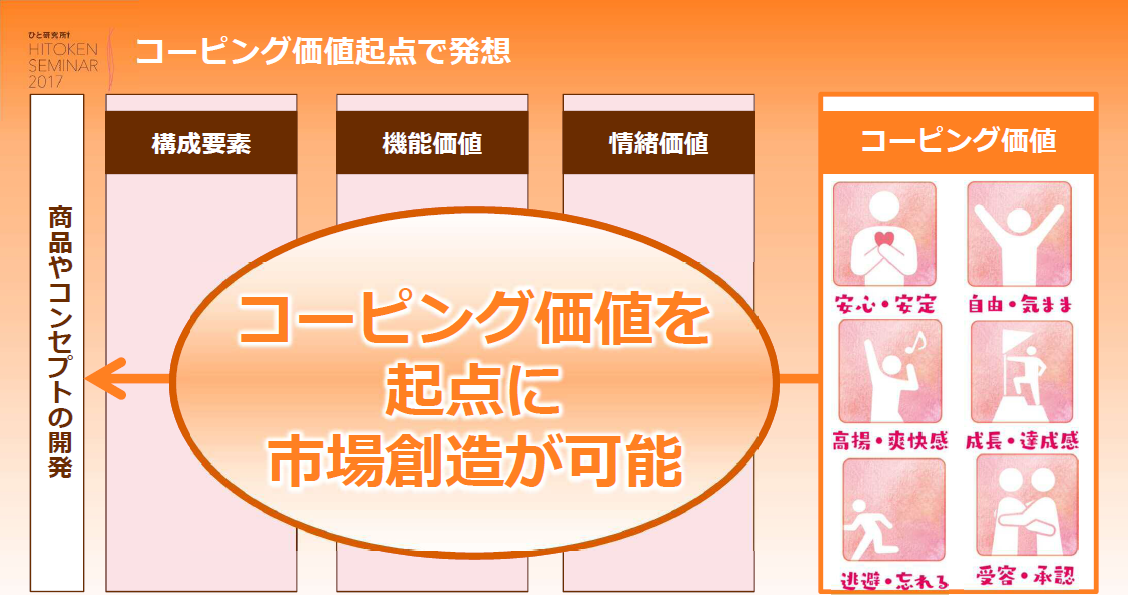
How to capture the hearts of F2s experiencing "moyamoyafullness"?
~The Expanding Possibilities of Marketing Through "Coping Consumption"~
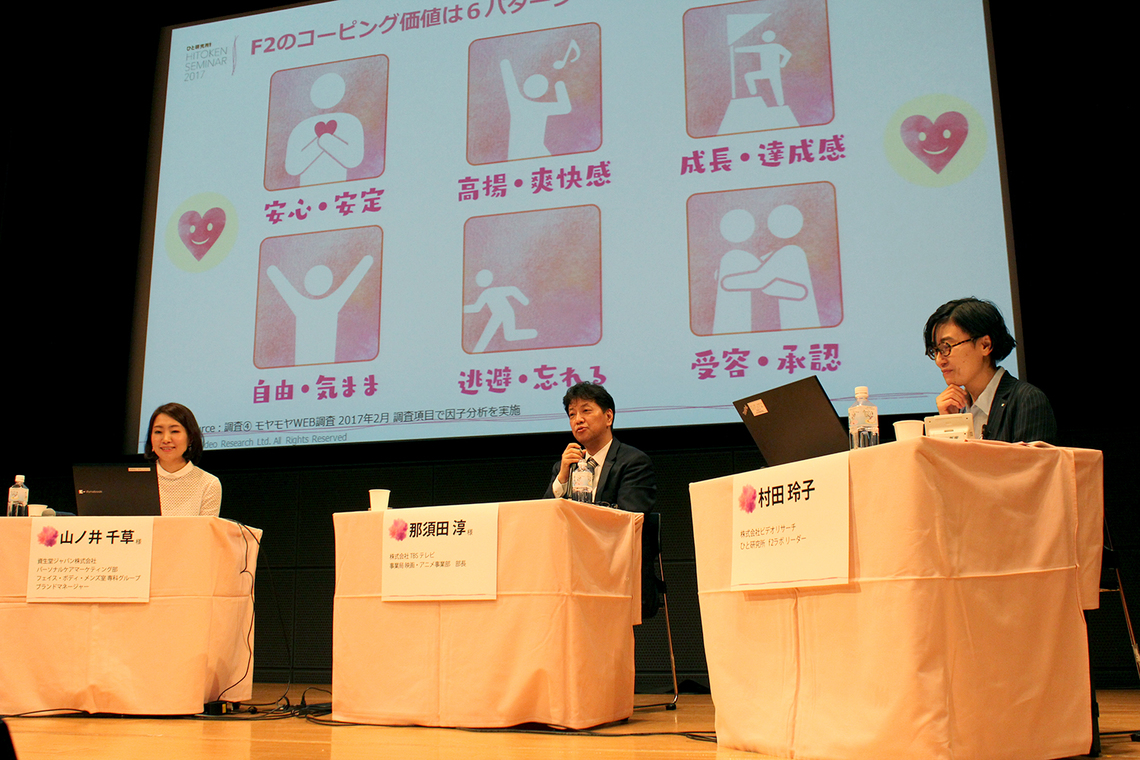
In Part 2, the two guests explained the actual state of utilizing "coping value" while introducing case studies from their own companies. First, Mr. Yamanoi from Shiseido Japan explained a case study where the Senka brand is proposing a new beauty method utilizing "mindfulness," which has been gaining increasing social interest and attention in recent years, as a new initiative. He also touched on their digital-centric communication approach, "Why not try mindfulness with Senka?", and explained the behind-the-scenes of their commercial production. This included their stance of creating commercials with creative content that supports busy modern women in becoming more positive. The other guest, Mr. Nasuda from TBS, presented a case study about the drama he produced, "We Married as a Job". Given its Tuesday 10 PM time slot, the core concept was to create content that serves as a reward for oneself at the end of the weekday. Regarding the ending "Love Dance," which became a social phenomenon, he revealed the intention was to create something fun and accessible—not overly difficult at first glance but challenging upon actual attempt—to encourage people to experience it themselves. Video Research Ltd. plans to further advance its research on the F2 demographic and launch a study group for this demographic, open to companies across various industries, starting this fall.
Was this article helpful?